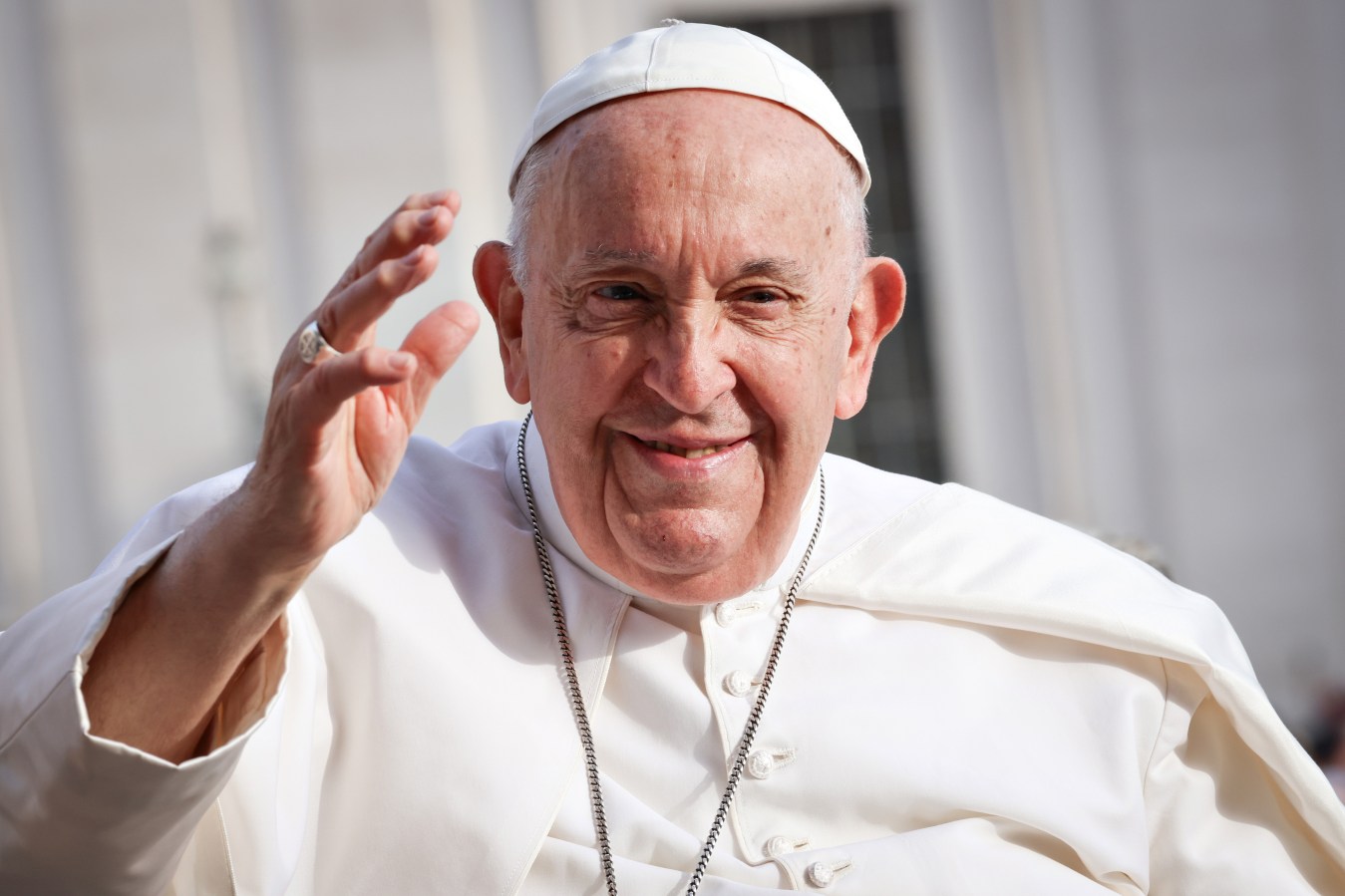Henry Kissinger, a diplomat who served as Secretary of State under two presidents during the Cold War and wielded major influence on U.S. foreign policy during the era, died at the age of 100 on Wednesday.

Henry Kissinger, former U.S. Secretary of State, holds the Bavarian Order of Maximilian during celebrations marking his 100th birthday.
dpa/picture alliance via Getty Images
Key Takeaways
- Kissinger died at his home in Connecticut, his consulting firm Kissinger Associates said.
- The statement added that Kissinger would be interred at a private family service, with a public memorial service in New York City planned later.
- The former secretary of state is survived by his wife of nearly 50 years, Nancy Kissinger, two children from his first marriage, and five grandchildren.
- Both an influential and controversial foreign policy figure, Kissinger served as the secretary of state under both President Richard Nixon and his successor Gerald Ford.
- After completing public service, Kissinger started his own consulting firm, advising major companies and executives on international matters.
Key Background
Kissinger was a key figure in shaping U.S. foreign policy during the 1970s amid the Cold War with the Soviet bloc, as he joined the Nixon administration as national security adviser and eventually became secretary of state. The diplomat played a key role in negotiations that helped end the Vietnam War, which controversially led to him being awarded the Nobel Peace Prize in 1973.
Critics derided him for his support of dictatorial regimes in Latin America and his military action in Asia. Kissinger’s influence grew as Nixon got mired in the Watergate scandal. After Nixon resigned, Kissinger continued to serve as Secretary of State under President Ford. Born in 1923 in Germany, Kissinger and his family, who were Jewish, immigrated to the U.S. in 1938 to avoid persecution under the Nazi regime.
Crucial Quote
Former U.S. President George W. Bush mourned Kissinger’s death with a statement on Instagram: “America has lost one of the most dependable and distinctive voices on foreign affairs with the passing of Henry Kissinger. I have long admired the man who fled the Nazis as a young boy from a Jewish family, then fought them in the United States Army. When he later became Secretary of State, his appointment as a former refugee said as much about his greatness as it did America’s greatness.”
Tangent
A key player in reestablishing U.S.-China ties in the 1970s, Kissinger is among the rare global figures to have met with every Chinese President from Mao Zedong to Xi Jinping, according to the New York Times. In his most recent trip to China in July, Kissinger met with Xi in person, despite the Chinese leader snubbing Biden administration officials. At the time, Xi said China never forgets “old friends” like Kissinger. Chinese Ambassador to the U.S. Xie Feng tweeted: “Deeply shocked and saddened to learn of Dr. Kissinger’s passing at 100…history will remember what the centenarian had contributed to China-U.S. relations, and he will always remain alive in the hearts of the Chinese people as a most valued old friend.”


